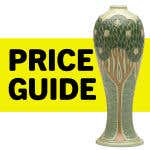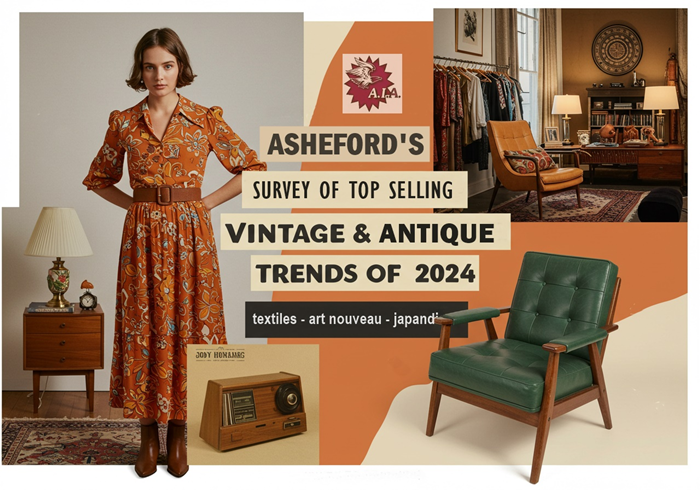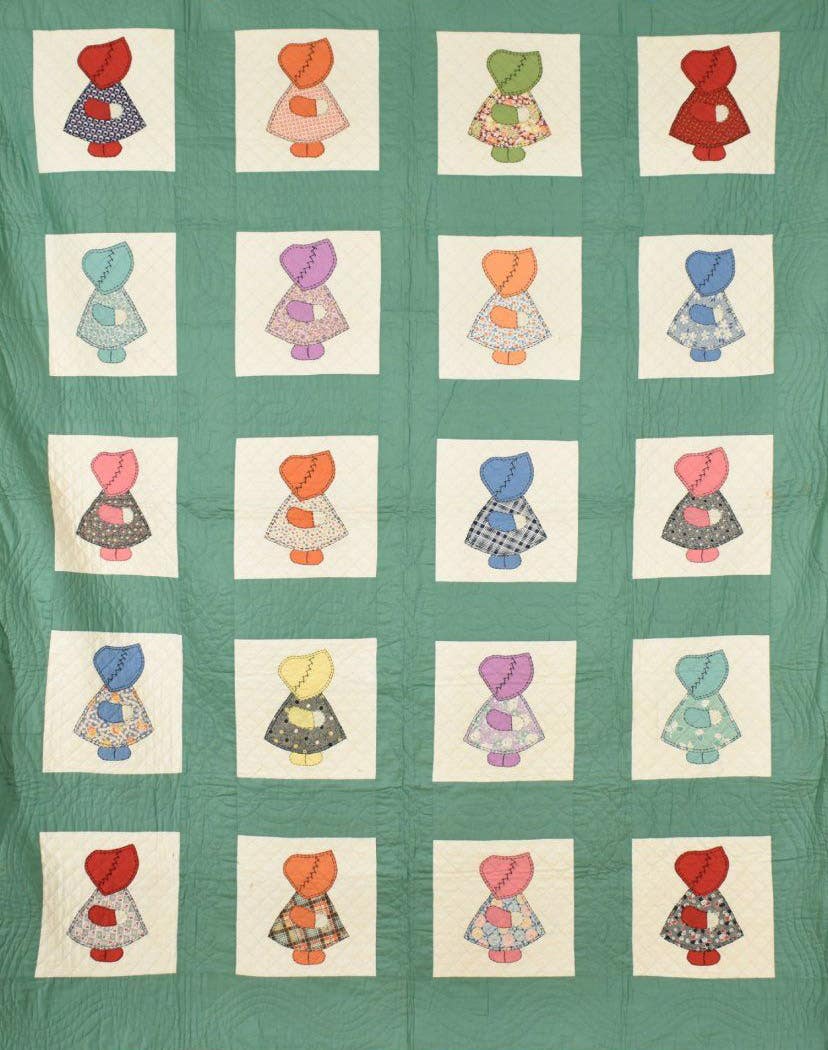Facebook changes mean dealers must adjust
Behind the Gavel columnist Wayne Jordan takes a closer look at the potential impacts on small businesses stemming from Facebook’s recent algorithm changes. This is the first in a series of columns on the topic.
Editors’ Note: This is the first article in a three-part series.
In 1789, Benjamin Franklin wrote to fellow scientist Jean-Baptiste LeRoy, saying, “In this world nothing can be said to be certain, except death and taxes.” With apologies to Old Ben, let me update the quote: “In this world, nothing is certain except death, taxes, and Facebook algorithm changes.”
Yes, our friends at Facebook are at it again, folks. And, the news is not good. The 2018 Facebook algorithm update may have a significant negative impact on your business. But there is a crack in the blockade, and we will navigate our way through it. In the words of Miracle Max in the book Princess Bride: “It just so happens that your friend here is only mostly dead. Mostly dead is slightly alive.”
In this week’s column, we will review the changes rolling out in 2018. In two follow-up columns, we will chart a course that will keep our Facebook marketing on-track.
Breaking Down Facebook Changes
Let’s start with a few relevant excerpts from Mark Zuckerberg’s January 11, 2018 announcement: “We’re making a major change to how we build Facebook ... The first changes you’ll see will be in News Feed, where you’ll see less public content like posts from businesses, brands, and media ... Now, I want to be clear: by making these changes, I expect the time people spend on Facebook (and some measures of engagement) will go down ... We started making changes in this direction last year, but it will take months for this new focus to make its way through all our products.”
In other words, organic News Feed reach (how many people see your posts without you having to pay) is largely dead. Organic reach has been on life-support for years anyway (hovering around the 2 percent point), but now Facebook has pulled the plug. If you want to promote your business on Facebook, you’ll have to pay.
Competition for the limited News Feed space will go up. Low supply, high demand. Consequently, ad prices will go up. Analyst Matti Littunen of Enders Analysis [http ://bit.ly/2mlvKz2] put the Facebook move into perspective, saying it was “the classic Facebook playbook: first give lots of organic reach to one content type, then they have to pay for reach, then they can only get through to anyone by paying.”
Marketplace Response
Businesses’ reactions to Zuckerberg’s announcement were swift. The consensus was that this change was not good for small companies. David Cohen, writing for
“The impact of the News Feed (algorithm change) will be positive for user experience but terrible for brands, publishers and other third-party players.”
– Chris Cunningham, Unacast, president
“Typically, up to one third of publisher (i.e. brand) referral traffic comes from Facebook. In the very short-term, publishers will need to back-fill that audience urgently.”
– Todd Krizelman, MediaRadar, co-founder and CEO
Making Good Use of Results
Is the Facebook sky really falling? Judge for yourself: Facebook ran a test last fall, focused in Eastern Europe. The results? The U.K.’s TheGuardian.com reported:
“The change has seen users’ engagement with Facebook pages drop precipitously, with publications reporting a 60% to 80% drop in engagement. If replicated more broadly, such a change would destroy many smaller (content) publishers, as well as larger ones with an outsized reliance on social media referrals for visitors.”
What does this mean for antique dealers right now? At the moment, the following tactics appear to be questionable. If you have been relying on any of the following tactics to drive traffic organically, a change is in order:
• Posting frequently
• Scheduled posting from a third-party service
• Linking to third-party content
• Posting YouTube or other third-party videos
• Using page links to drive traffic to your website.
"My advice? Stick with Facebook, and adapt to the changes. Facebook is an advertiser's dream."
Keeping an Eye on Changes
Facebook isn’t giving up many details on how the News Feed change will be rolled out. At the moment, here’s how it looks:
— There are now two separate feeds: News Feed and Explore Feed (in the left sidebar).
• “Public content” (indicated by the globe icon in your “who will see this” choice) will be reduced in News Feed.
— News Feed will favor posts from friends, family, groups, pages that pay for advertising, and pages/articles that generate “meaningful engagement”.
• Media news and “click bait” will be reduced.
— The Explore Feed menu lists a Pages Feed, where the “business feed” can be found. By default, Facebook decides which businesses go into the feed. But, users (readers) can set their own preferences.
• The Facebook advertising algorithm is unchanged, but ads will be held to the same content standards as the News Feed.
Refocus Rather Than Release
There is no “quick fix” that dealers can implement, short of upping their Facebook advertising spend.
Some dealers might use this algorithm change to “jump ship” altogether, and abandon Facebook. Other dealers won’t make any changes to what they are doing, and still others won’t even know that Facebook has changed. Dealers who move quickly to refocus their social media marketing strategy and implement effective tactics have an opportunity to leave their competitors in the dust.
My advice? Stick with Facebook, and adapt to the changes. Facebook is an advertiser’s dream. With 1.8 billion active monthly users worldwide (214 million in the U.S.) and the ability to choose one’s advertising audience by multiple demographic and interest categories, Facebook is too valuable to be ignored.
Possible Positives
Properly addressed, this algorithm change could mean more traffic to business Pages. Facebook
vice president of NewsFeed Adam Mosseri said in an interview with Stratechery:
“So if you and I had a back and forth conversation on a post from a Page, that would actually count as a meaningful social interaction,” Mosseri said. “So it’s more about the interactions between people and less about just the consumption of content from friends.”
This week’s takeaway: Posts that don’t get any meaningful engagement won’t appear as prominently in News Feeds. But, posts that are commented on and shared will be favored more highly.
In my next Behind the Gavel column, I’ll discuss what Facebook does and does not consider “meaningful engagement,” and how to implement a new posting strategy.
If you like what you've seen in this column by Wayne Jordan, we invite you to consider subscribing to Antique Trader. That way you can enjoy Wayne's business wisdom regularly.
For the affordable price of $26 (print) or $20 (digital) you will receive one year [24 issues] of Antique Trader.
Longtime columnist, writer, and author, Wayne Jordan is an antiques and collectibles expert, retired antique furniture and piano restorer, musician, shop owner, auctioneer, and appraiser. His passions are traveling and storytelling. He blogs at antiquestourism.com and brandbackstory.com.








